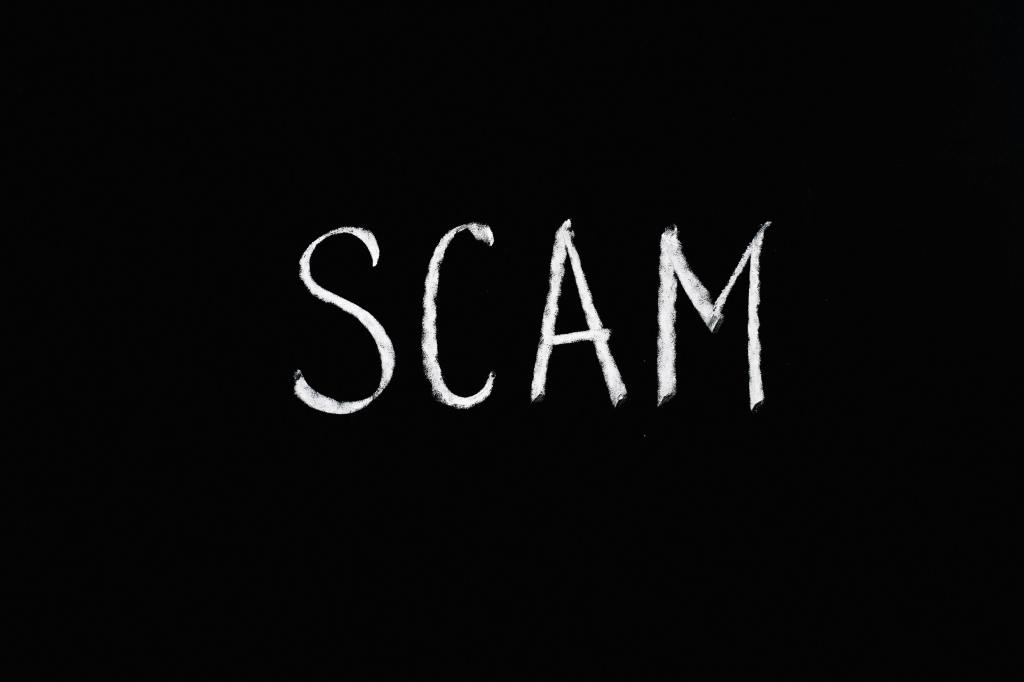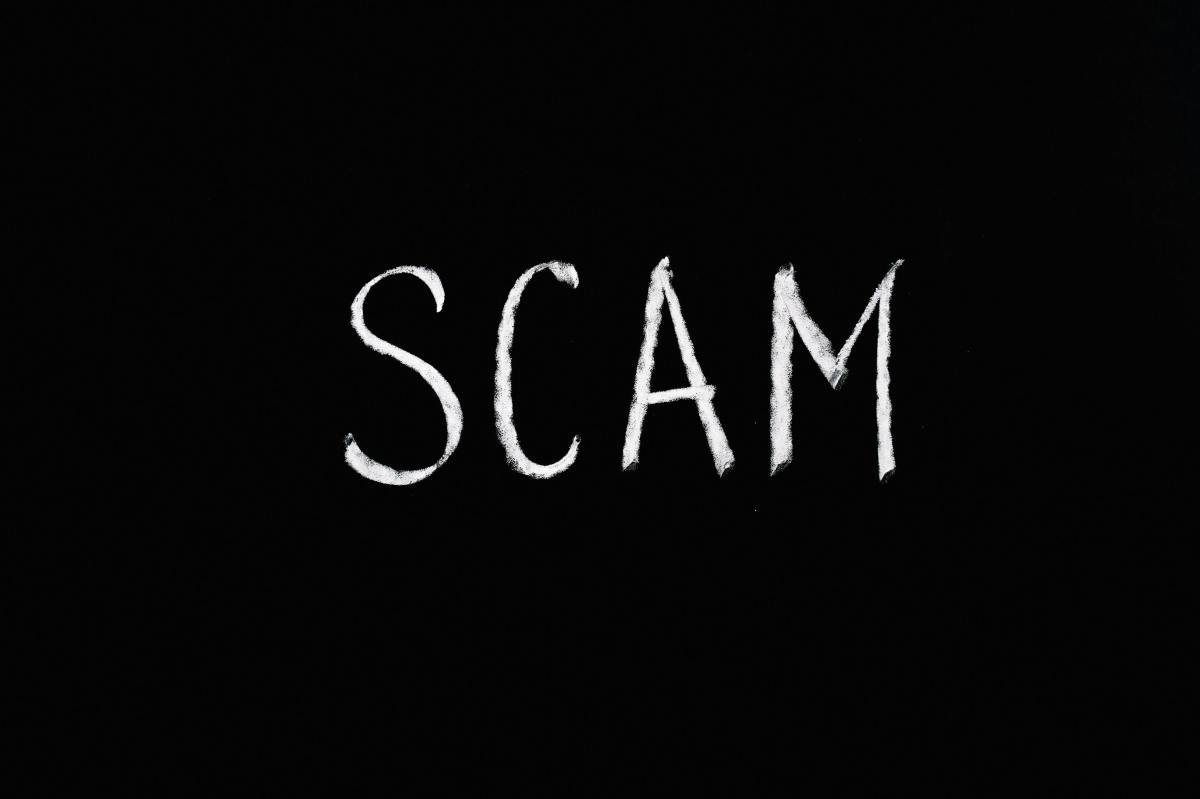
Tax season often brings with it a flurry of activity, paperwork, and sometimes, anxiety. Among the various documents that may arrive in your mailbox during this time, one type that demands particular caution is the letter purportedly from the Internal Revenue Service (IRS). While receiving correspondence from the IRS can be unnerving, it’s crucial to discern between genuine communications and potential scams.
In recent years, scam artists have become increasingly sophisticated in their attempts to defraud unsuspecting individuals. One prevalent tactic involves sending fake IRS letters, often designed to intimidate recipients into taking immediate action. These letters may threaten legal consequences, demand immediate payment, or request sensitive personal information.
So, how can you differentiate between a legitimate IRS communication and a fraudulent one? Here are a few key points to keep in mind:

Verify the Sender: Genuine IRS letters typically come from the Department of the Treasury and bear the official IRS seal. However, scammers may attempt to replicate these markings to deceive recipients. Take the time to scrutinize the letterhead, ensuring it matches the IRS’s official branding.

Check for Errors: Scammers often make mistakes in their correspondence, such as spelling errors, grammatical inconsistencies, or inaccurate information. Be wary of any letter that contains such errors, as they could be red flags indicating a scam.

Avoid Immediate Payment Requests: One common tactic employed by scammers is to demand immediate payment to resolve alleged tax issues. The IRS does not typically initiate contact via unsolicited letters demanding immediate payment. If you receive such a request, refrain from making any payments until you can verify the legitimacy of the communication.

Guard Your Personal Information: The IRS will never request sensitive personal information, such as your Social Security number or bank account details, via unsolicited letters or emails. Be cautious of any communication that asks for such information and refrain from providing it unless you can confirm the legitimacy of the request.

Reach Out for Verification: If you receive a letter from the IRS and are unsure of its authenticity, don’t hesitate to reach out directly to the IRS for verification. Contact the IRS using the official phone number or website listed on their official correspondence to confirm whether the letter is genuine.
In conclusion, it’s essential to remain vigilant when it comes to IRS correspondence, especially during tax season. By being aware of common red flags and taking proactive steps to verify the legitimacy of any letters you receive, you can protect yourself from falling victim to scams. Remember, when in doubt, it’s always better to err on the side of caution and seek verification from trusted sources.
Disclaimer: The information provided above is not meant to be legal or tax advise. You should consult your CPA and attorney to determine the best course of action for your situation.
Mitzi E. Sullivan, CPA is a cloud based professional services provider
specializing in cloud accounting.


